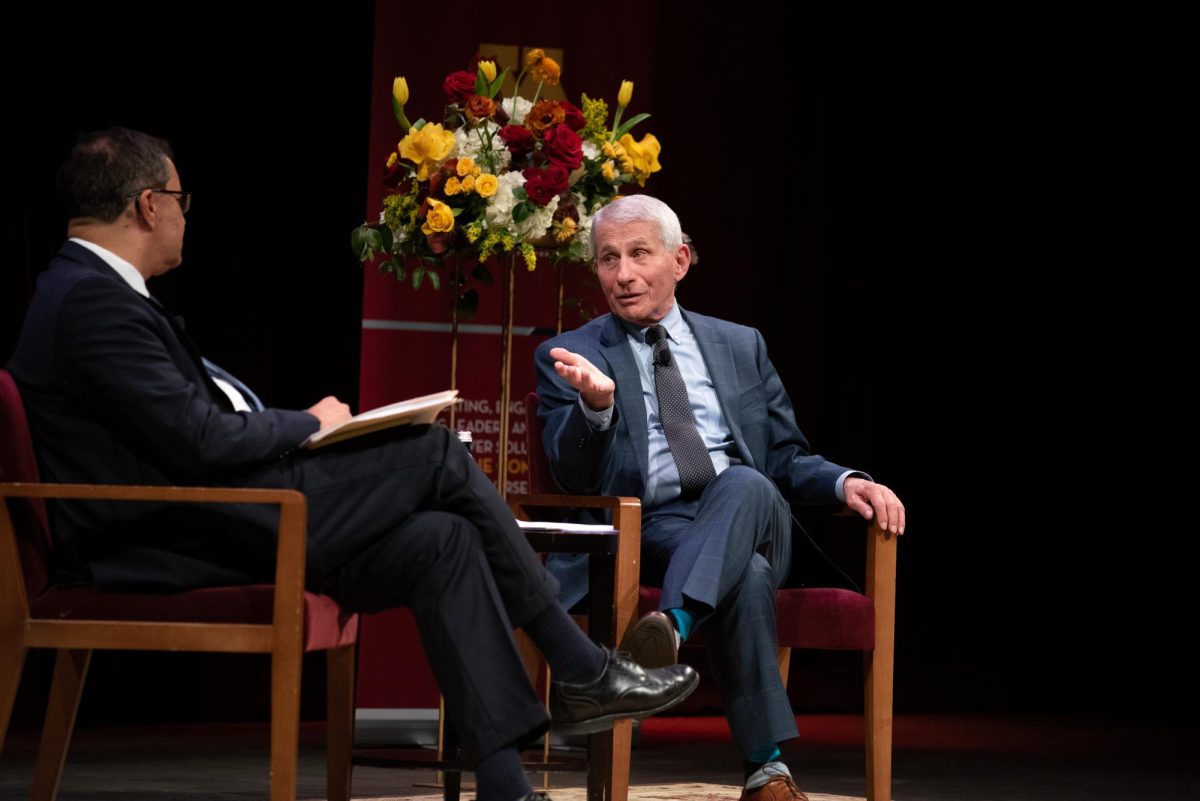The University of Minnesota is considering a research policy drafted last fall requiring researchers, faculty, staff and students to approach research with Indigenous peoples in a mutually beneficial way.
The policy was authored by Karen Diver, senior advisor to the president for Native American affairs, to establish a framework for researchers who want to work with tribal communities, resources and Indigenous people anywhere in the world.
According to Diver, this policy is the first of its kind at any university.
Rachna Shah, the vice chair of the University and Faculty Senate, said the policy will be voted on by the Senate on April 25, when it will go to the University’s provost office and then to University administration to be implemented.
“I’m sort of looking forward and maybe predicting a little bit,” Shah said. “We have not seen any huge issues, so most likely it should go through.”
Shah said if the policy is passed by the Senate, it should become an official policy by the beginning of the 2024-25 academic year.
“As an institution that’s been really committed to kind of healing those tribal relationships, this aligns well to bringing the University kind of in good relations with tribes and their expectations of how we behave with them,” Diver said.
The policy is largely based on the Office of Native American Affairs’ Guidelines for Indigenous Research guidebook, which was published in 2022 and stresses obtaining consent and cooperating with tribes and Indigenous people on research that meets both sides’ needs.
Diver said each of the 11 American Indian tribes in Minnesota had a chance to review the drafted policy.
“The big thing for them is they don’t care so much about the granularity of research as they do the relationship and asking permission,” Diver said.
According to Diver, much of what gets studied in relation to tribes is studied because it is a researcher’s interest, not a tribal interest.
“A part of the reason why these types of policies are necessary is that research was sometimes something that was done to tribes and not with tribes,” Diver said.
Separate from the policy, Diver said the University’s Native American Affairs webpage plans to add a form for tribes to submit research requests to the University.
“I’m just trying to provide some good customer service here,” Diver said.
Regent Tadd Johnson, the first Native American on the Board of Regents in the University’s 170-year history, said while the policy does not change anything that is currently happening, it solidifies what researchers are already doing and makes it permanent.
“Getting something in writing that’s going to be an important document for the years to come is a key to success with regard to having a trusting relationship with the local native nations,” Johnson said.
Johnson said this policy is part of a larger moment in Minnesota history, citing the increased representation of Native Americans in Minnesota’s government over the past decade.
“When it comes to Indian Affairs, our best days are ahead of us. Good things are happening, and more good things are coming down the path,” Johnson said. “That’s not because of those of us who work inside the system but those at the top who made the decision to have a regular dialogue with the tribes, and that has made all the difference.”















Mark Hove
Apr 2, 2024 at 8:27 am
Thank you for this helpful article.